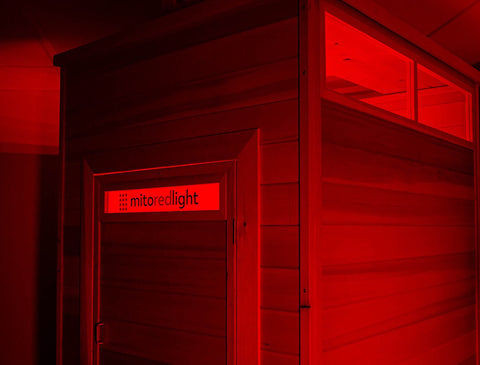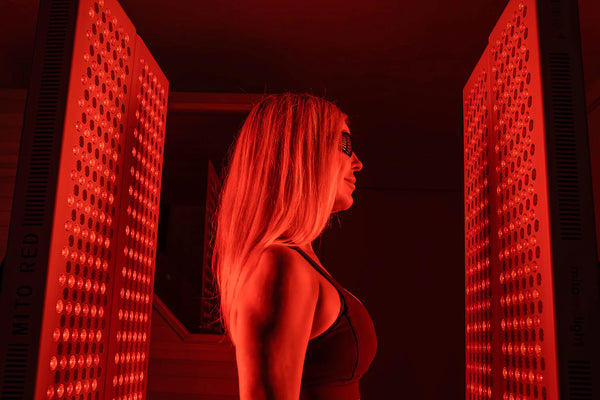Abstract
Background: We present a pilot study of near-infrared (NIR) 1068 nm transcranial photobiomodulation therapy (PBM-T). Impact upon motor function, memory, and processing speed in healthy individuals, older than 45 years of age, was evaluated. Methods: PBM-T was performed at home using a transcranial phototherapy device, a helmet that comprised 14 air cooled light emitting diode panel arrays, with a peak wavelength of 1068 nm, full width at half maximum bandwidth of 60 nm and total average optical output power of 3.8 W. The device was used for 6 min twice daily on age-matched middle-aged subjects with normal intellectual function. The US Food and Drug Administration (FDA)-approved computerized assessment tool Automated Neuropsychological Assessment Metrics (ANAM) was adopted to quantify a series of cognitive and motor activities in the participating groups. Results: A significant improvement in motor function, memory performance, and processing speed was observed in healthy individuals with PBM-T compared to the placebo group. No adverse effects were reported. Conclusions: PBM-T may be a promising new approach to improve memory in healthy middle-aged individuals. ClinicalTrials.gov ID: NCT04568057.
Keywords: aging; near-infrared light; photobiomodulation; transcranial.




















